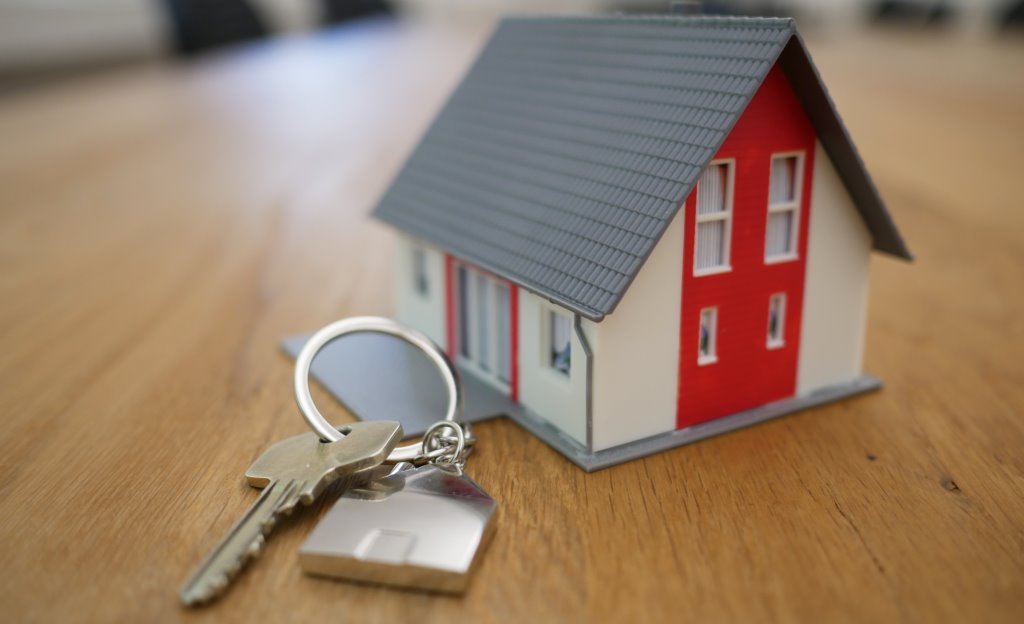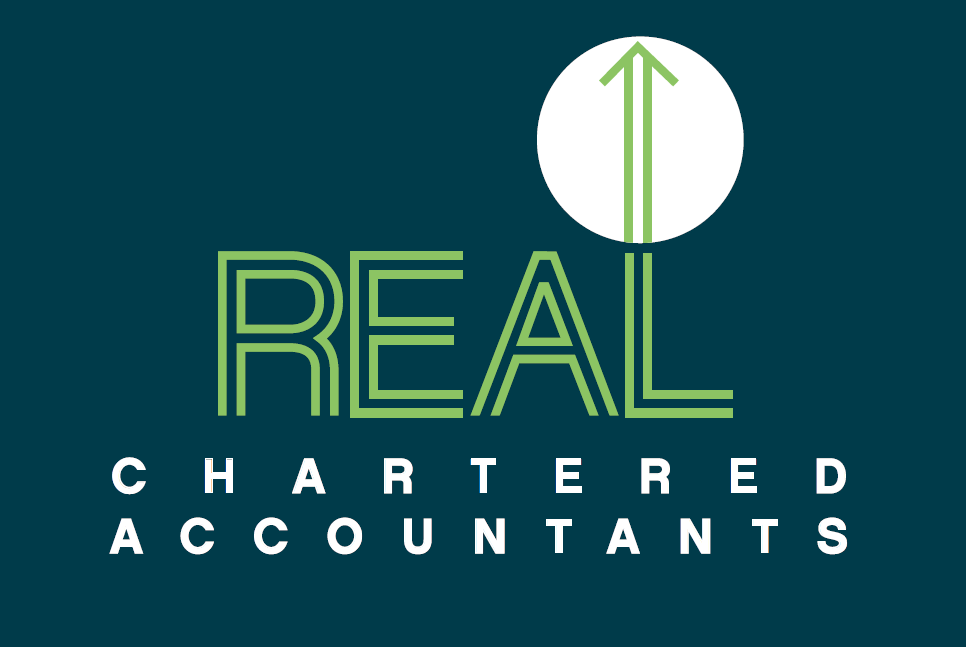NEWS
Renting to Tenants - What you need to know

All rent is taxable income for the year you receive it, as are amounts you receive from MBIE for payment of damages, rent arrears etc. Tenancy bonds lodged with the Ministry of Business, Innovation and Employment (MBIE) are not income.
You can claim costs related to the rental. If costs for the year exceed your income from the rental you can carry those forward and use them against future income from that property. You can’t offset those losses against other sources of income such as salary or wages. If you have more than one property, depending on elections you make with the Inland Revenue, you can offset losses against income from other rental properties.
100% Deductible Expenses
Expenses that relate solely to your rental activity are 100% deductible for the period your rental property is either rented or available for rent:
- rates and insurance
- mortgage interest for the property
- repairs and maintenance, except where they're a capital improvement, such as costs to prepare a rundown property for tenants. If you do the repairs yourself, you can't claim your time as an expense, only the materials
- depreciation on furniture or fittings although you may also choose not to depreciate
In some situations, you can only claim partial expenses.
I rent… |
What can I claim? |
Part of the year |
If the property is rented out (or available for rent) for part of the year, you can only claim expenses for the rental period. This isn’t always clear-cut. If the property isn't let or available to let for a short time, because of redecorating or maintenance, you may still be able to claim for ongoing costs for that period. |
Part of the space |
If you live in a property and have tenants living in another part of a multi-flat building, you can claim expenses for the flat you’re renting out. If you rent out a flat that takes up a quarter of the area of your house, you can claim 25% of the house expenses. |
Less than market rate |
If you rent your property out at less than market value (eg, when you rent to family or friends at "mate's rates"), if expenses exceed the reduced rent, you generally can’t offset the loss against other income for tax purposes. |
Fees for these are fully deductible:
- arranging a mortgage to finance the rental property
- getting a valuation done to obtain a mortgage
- drawing up a tenancy agreement
- ongoing administration costs for the mortgage, including mortgage repayment insurance
- using an agent to collect the rent, maintain the property and to find tenants
- using an accountant to prepare your accounts
- taking legal action to recover unpaid rent
- evicting a tenant
Partly Deductible Expenses
Other expenses are only partially tax deductible.
Motor vehicle: if you use your own vehicle to travel to inspect a property or to do repairs, you may claim some vehicle running costs as an expense against your income. You can use Inland Revenue kilometre rates to calculate costs for travel for the rental. Or you can claim the percentage of total running costs and depreciation that relates to your rental. Either way, keep a logbook of your travel for the rental. And if you intend to claim a percentage of running costs, record all your vehicle expenses.
Travel: if your rental property is somewhere in New Zealand other than where you live, you may have to travel to do property inspections and maintenance. If the trip is solely to inspect or do maintenance on the rental property, the cost is usually fully deductible. If your travel is both to attend to the rental and for personal reasons, you can only deduct the part that relates to earning your rental income.
What’s NOT Deductible?
You can't claim deductions for capital expenses. As well as earning income from rent, your property is a capital asset. Inland Revenue distinguish between expenses that relate to earning rental income and capital expenses relating to the property such as buying or selling it and making improvements that increase its value.
Expenses that are not deductible for the rental property include:
- fees paid when setting up, such as investigating the viability of the rental
- the purchase price of the property
- the capital part of any mortgage repayment(s)
- interest on money you borrow for some purpose other than financing the rental property, even if you use the rental property to secure the loan
- the cost of adding to or improving the property
- the cost of repairing or replacing any damaged part of the property, if the repairs or replacement make improvements to the property and increase its value
- real estate agent or legal fees for selling the property, (unless you are in the business of providing residential rental accommodation, and your total legal expenses for the income year are $10,000 or less)
- valuations for insurance purposes
Do I need to file a tax return?
If you earn income from renting to tenants, you need to file an IR3 return along with an IR3R for each property you rent out.
What if I co-own the property?
If you own (or rent) the property jointly, the income needs to be split appropriately between the owners when declaring the income in their tax returns.
If you own the property in partnership with one or more people, the partnership needs its own IRD number and to file an IR7 income tax return each year. This shows rental income calculated in the Rental income (IR3R) schedule and the amount of each partner's share. Each individual in the partnership then uses that share to complete their IR3 return.
It’s important to keep records
Good records are essential for you to be able to calculate income and expenses for the rental and to confirm your tax position if Inland Revenue investigate. Make sure to keep:
- records of all receipts and payments
- bank statements, cheque butts and deposit books
- invoices and receipts
- working papers for all calculations, including your vehicle logbook
- a list of assets and receipts with cost and purchase date
- a copy of the rental agreement and rent book
- a copy of any loan mortgage agreement
- records of purchases and sales of rental assets so Inland Revenue can check depreciation deductions, if need be
It can be good to use a separate bank account for your rental activity.
Keep all your records for seven years, even if you stop renting out the property.
Our recommendation
If you would like to talk through exactly how the rules apply in your case, please contact us. Depreciation is a particularly complex area and you need to be sure you’re making informed choices.
Make sure you have full records of all income and expenses relating to the property.
If you’re thinking of buying or selling a rental property, or if you’re thinking of moving into a property that you’ve been renting out, please let us know so we can advise on your tax position.
Disclaimer
This information is intended to provide general advice only. We recommend you discuss your specific situation with your Accountant.









